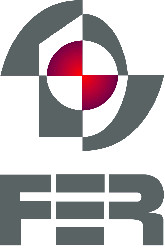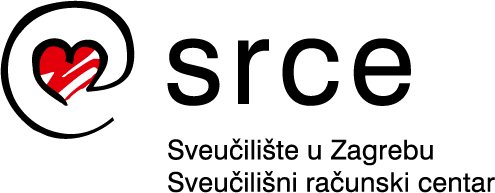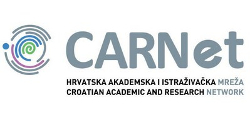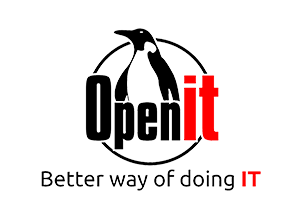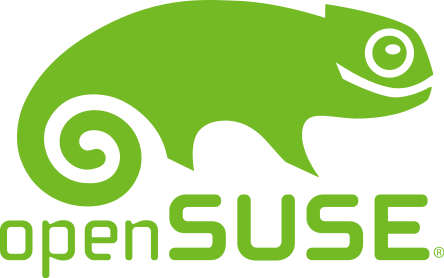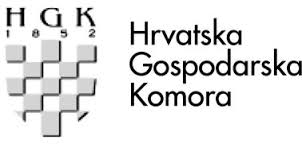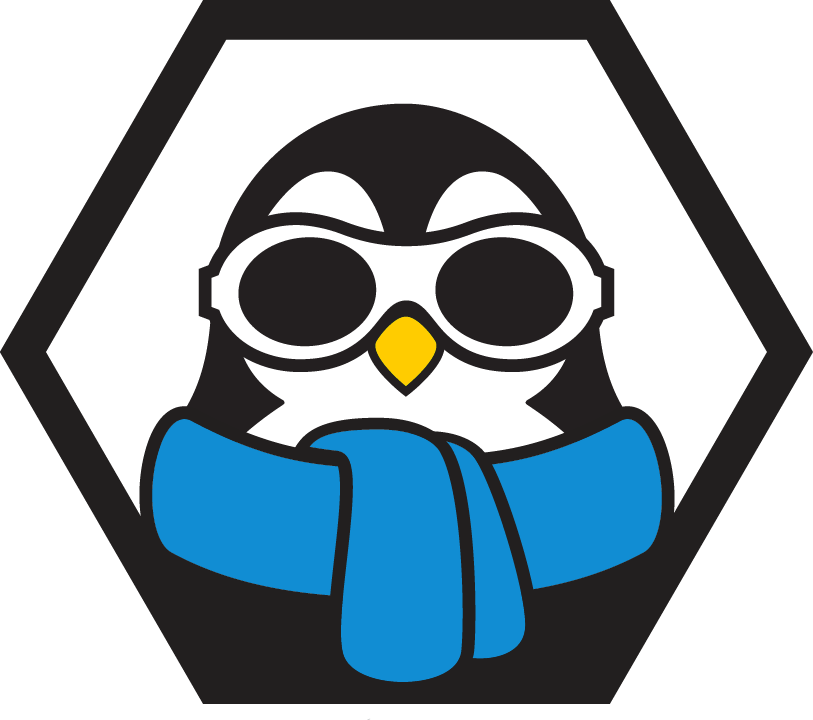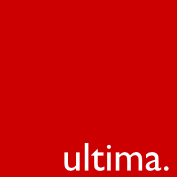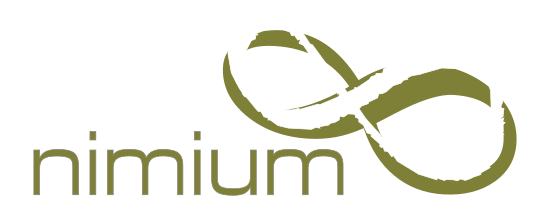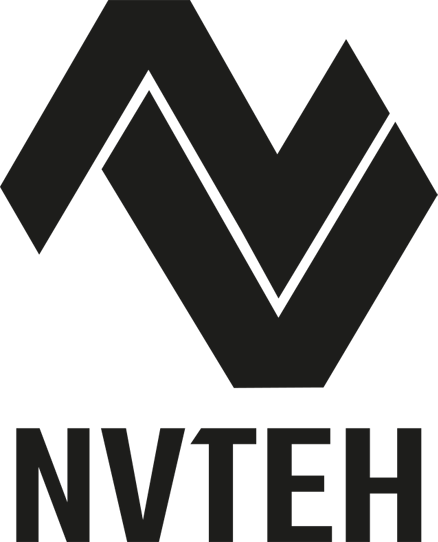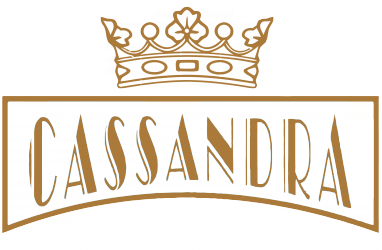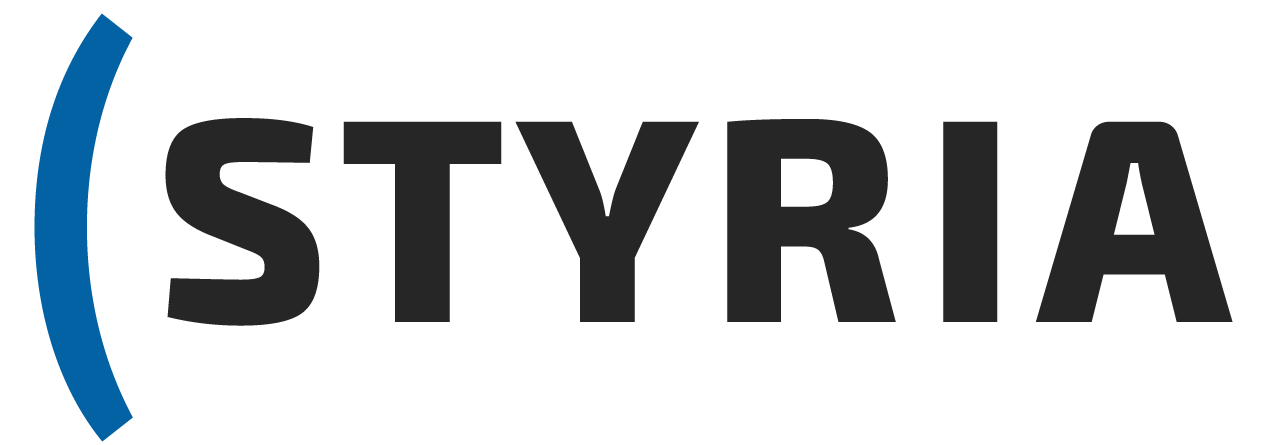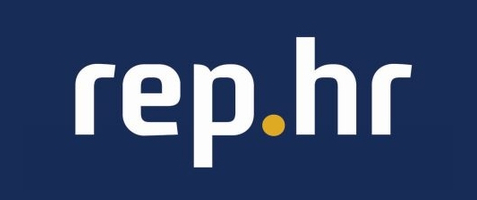Mare Liberum, how a Dutch pirate law from the 17th century applies to the internet and (free) software
Summary
Technology like the world wi(l)d web has proven not to be a power equalizer, but a power amplifier.
The web has evolved into a competitive rat-race between large multinational companies and their walled gardens. Their interests are predominantly controlled by share-holders, with models focused on monetizing personal information profiling and targeted advertisements. The goal of the products isn’t really to provide interesting of informative experiences, but to keep the user glued to the platform as long as possible.
Yet users are very pro-actively handing over their personal data in the presumption that they’re just innocently interacting with their friends/relatives. This is a technological asbestos problem.
Legislation like the new EU General Data Protection regulation is generally welcomed with annoyance because the user now has to check yet another box confirming they don’t really care (or understand) that much about how their data is being used against them.
This might be explained through concepts like the “network effect”, as many of the users peers/relatives/friends engage on the platform as well, so if they do it, it must be safe, right? And if someone, especially an abstract entity like a European Union, says differently, this is met with distrust and skepticism.
The amplification hyperbole of the internet is fulfilling its most disruptive role ever, as we see people not sharing, but hiding, not learning but pro-actively rejecting. Seeking confirmation bias seems to have become the dominant social communication model.
Yet at the same time, the internet is also facilitating the biggest spread of knowledge and information ever in the history of humanity!
Open source and free software play a major role in this facilitation process.
We need to realize that the internet nowadays is basically the same place for which fellow Dutchman Hugo de Groot (Grotius) wrote his Mare Liberum, which was basically a request by the East India Trading company (VOC) to come up with a legitimization of an act of piracy against a Portuguese vessel in the 17th century. A historical example of a share-holder/sec profit driven approach, which in this case was even welcomed and enthusiastically sponsored by the Dutch national government.
And just as in the 17th century, the entities currently dominating this free and open sea of information aren’t (semi-)democratically controllable entities like governments, but profit driven enterprises with (anonymous) share-holders. Actually not that different from the Dutch VOC back in the 17th century. Which by itself is not essentially bad, but also not directly a vote of trust and confidence either.
To trust our essential freedom to be well governed by these commercial entities we need to come to a common ethical and moral level of understanding. Henry Ford expressed this very well when he stated that he didn’t only want to hire people to work on producing his cars, he wanted to hire people and pay them well enough so that they could actually buy his cars!
Type
Keynote
Language
English
Speakers
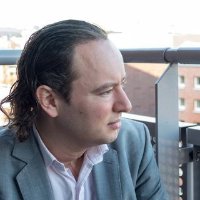
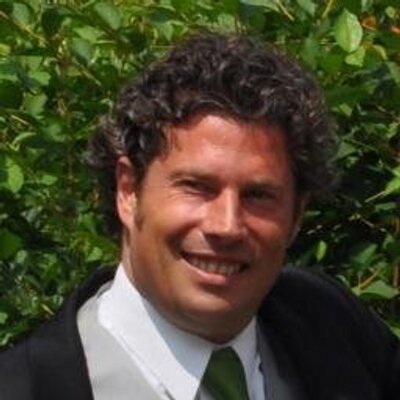
This talk will be delivered by Robin Edgar (EdgarBV) and Hans de Raad (OpenNovations). As long-time business owners and avid open source / free software enthusiasts, the speakers have built up a longstanding track record of community participation, event organization and delivering presentations on a wide range of conferences and events. They are experienced consultants with clients ranging from startups and SME's to governmental institutions and multinational enterprises. Their focus has shifted (or rather developed) from a technical approach to a more holistic view of the IT and free software realm and the way these developments can have an impact on us as individuals but also on our society as a whole. But also how those circumstantial aspects influence open source and free software in return. They have been researching and discovering the various legal and political aspects of computerized systems development and their application. To understand the present, one must first try to understand history. On that foundation Robin Edgar and Hans de Raad have set out on a journey to investigate historical strategies to deal with massive changes in society (political, economic and technological) and try to learn from these experiences to try and find a model that actually might just work. Disclaimer: They will not in any way claim to have actually discovered the philosopher’s stone, and most probably never will, but at least they’ve had a very pleasant time looking for it!


